مضمون کا ماخذ : بک آف ڈیڈ
Enthusiasm surges among KP female voters ahead of 2024 election
Despite cold weather conditions, the electioneering campaign has started gearing up in the country, including Khyber Pakhtunkhwa (KP), where over 128.585 million registered voters, including 59.322 million females and 69.263 million males, will decide the fate of 175 political parties in the 2024 general election. In KP, 21.928 million voters, including 11.437 million males and […]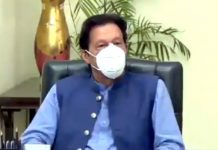
Despite cold weather conditions, the electioneering campaign has started gearing up in the country, including Khyber Pakhtunkhwa (KP), where over 128.585 million registered voters, including 59.322 million females and 69.263 million males, will decide the fate of 175 political parties in the 2024 general election.
In KP, 21.928 million voters, including 11.437 million males and 9.983 million females, would exercise their franchise right in favor of their political parties and independent candidates for the next five years.
Prof. Dr. A.H. Hilali, former Chairman of the Political Science Department, University of Peshawar, told APP on Saturday that female voters’ role during the 2024 election would be crucial. Any political party that gets women voters’ attention would get an edge over others on February 8 polling day.
He said the low turnout among female voters remains a persistent challenge, especially in the merged tribal districts of Khyber Pakhtunkhwa, the southern districts of Punjab, rural Sindh, and the Baloch belt in Balochistan.
He said that in cases of rainfall, rain, and harsh weather, bringing voters to Chitral, Dir, Swat, North Waziristan, and Parachinar districts would be a big challenge for political parties.
“I eagerly await to cast my first vote in the February 8, 2024, election,” said Sidra Qaiser, a young voter and school teacher in the Nowshera district, while talking to APP.
She said casting the vote was a national obligation, and she would vote for a political party’s candidate after seeing its manifesto.
Professor Dr. Hilali said all eyes would be on voter turnout in the 2024 election after the overall turnout rates for the 2008, 2013, and 2018 elections were 45 percent, 54 percent, and 50 percent, respectively.
He said the turnout of women voters in the 2018 general elections stood at 40 percent, with 21 of the 46 million registered women voters participating in polling.
“The political parties need a lot of work to mobilize female voters, as about 40% of females vote on average, which is considerably low per international standards.”
Besides political parties, he said ECP, civil society, and caretaker governments require more muscular coordination to mobilize voters for the 2024 election.
He said people of Pakistan had seen the performance of almost all mainstream political parties, including PPP, PMLN, JUIF, ANP, Jamaat e Islami, PTI, and MQM, in the last two decades, and voters are now closely seeing what is new in its election manifestos.
He said PPP leadership was taking credit for the BISP, the 1973 constitution; development works in Sindh, and the 18th constitutional amendment, besides the new slogan of constructing three million houses for the poor. He said PMLN was advocating for constructing motorways, a Delaware tunnel, and the restoration of peace in KP, Karachi, and atomic tests at Chaghi in 1998.
Similarly, ANP was trying to attract voters to rename NWFP as Khyber Pakhtunkhwa and construct universities in the province. At the same time, PTI leadership highlighted the Sehat Card and BRT.
Dr. Zilakat Malik, former Chairman of the Economics Department at the University of Peshawar, said that the 2024 election would be different from others because no political party was a favorite, and people would decide the fate of all 175 parties based on their past government performances and the implementation of election manifestos.
He claimed that the Istehkame Pakistan Party and PTI Parliamentarians were the new parties whose leaders informed the masses about their programs and development initiatives if they were voted to power.
Dr. Malik said that free and transparent elections are crucial for maintaining democracy and addressing the country’s economic and climate change issues, besides controlling price hikes and inflation that adversely affect the commoner.
He said women were about 50 percent of the country’s population, and without their active participation, elections, and democracy have no meaning. He said women’s election participation gives citizens a uniform to voice their opinions and choose what is best for them.
Dr. Malik said the citizens are the ultimate authority in any democracy. They can voice their opinions and reject a political party if they do not like its performance in government. Regularly holding general elections ensures better checks on the performance and accountability of political parties.
The experts said that the strong participation of female voters would play a key role, especially in rural areas of Pakistan. Any candidate who got their support would gain an advantage over others in the February 8, 2024 election.


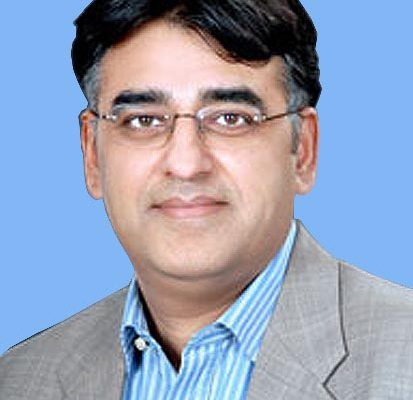
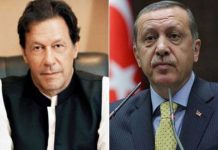
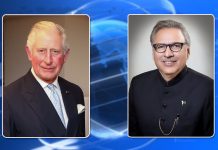
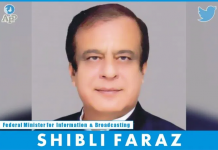

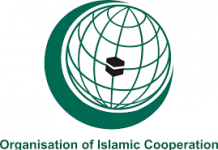
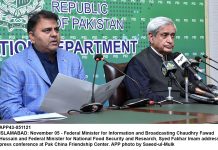

.jpg)

